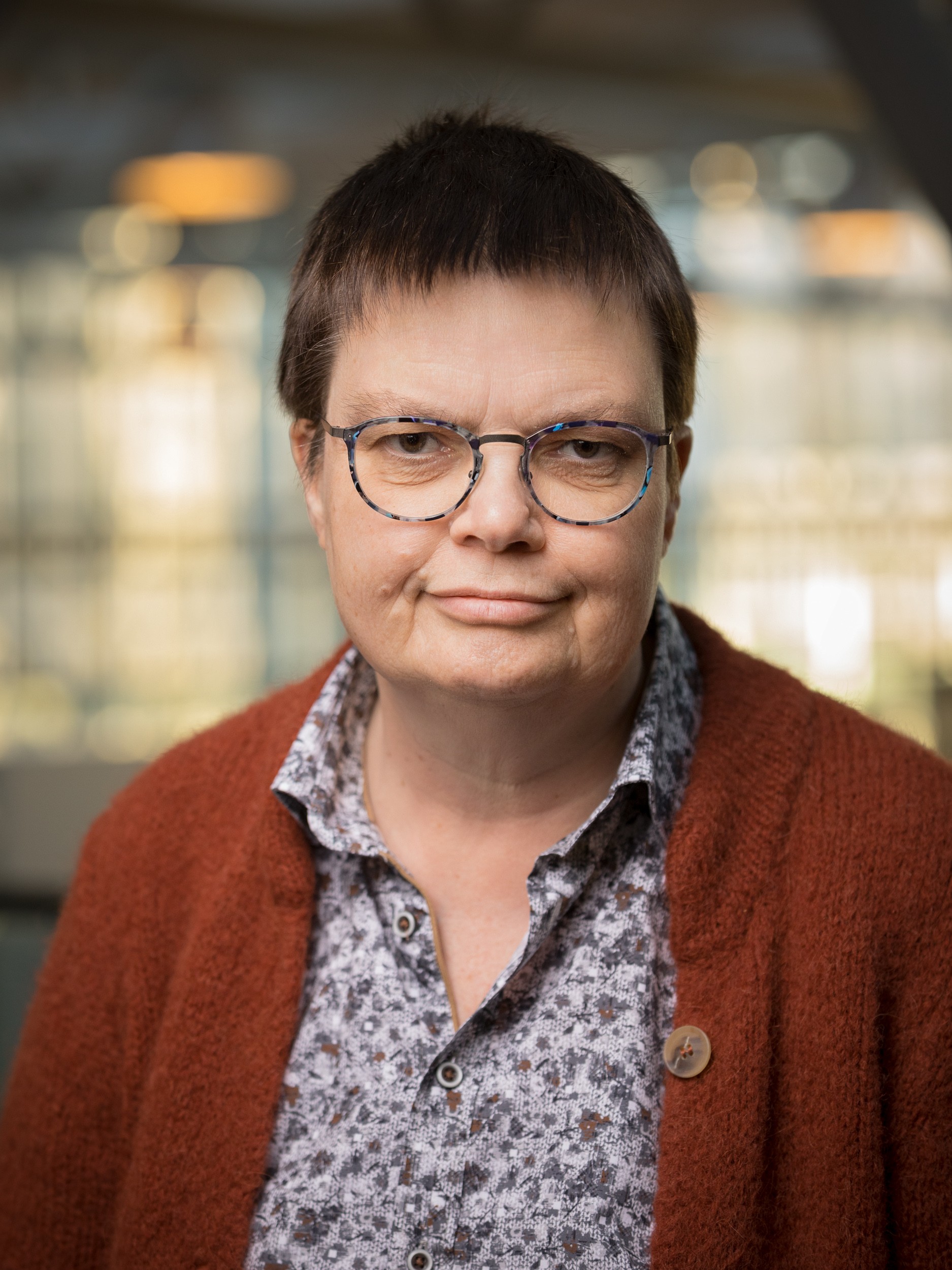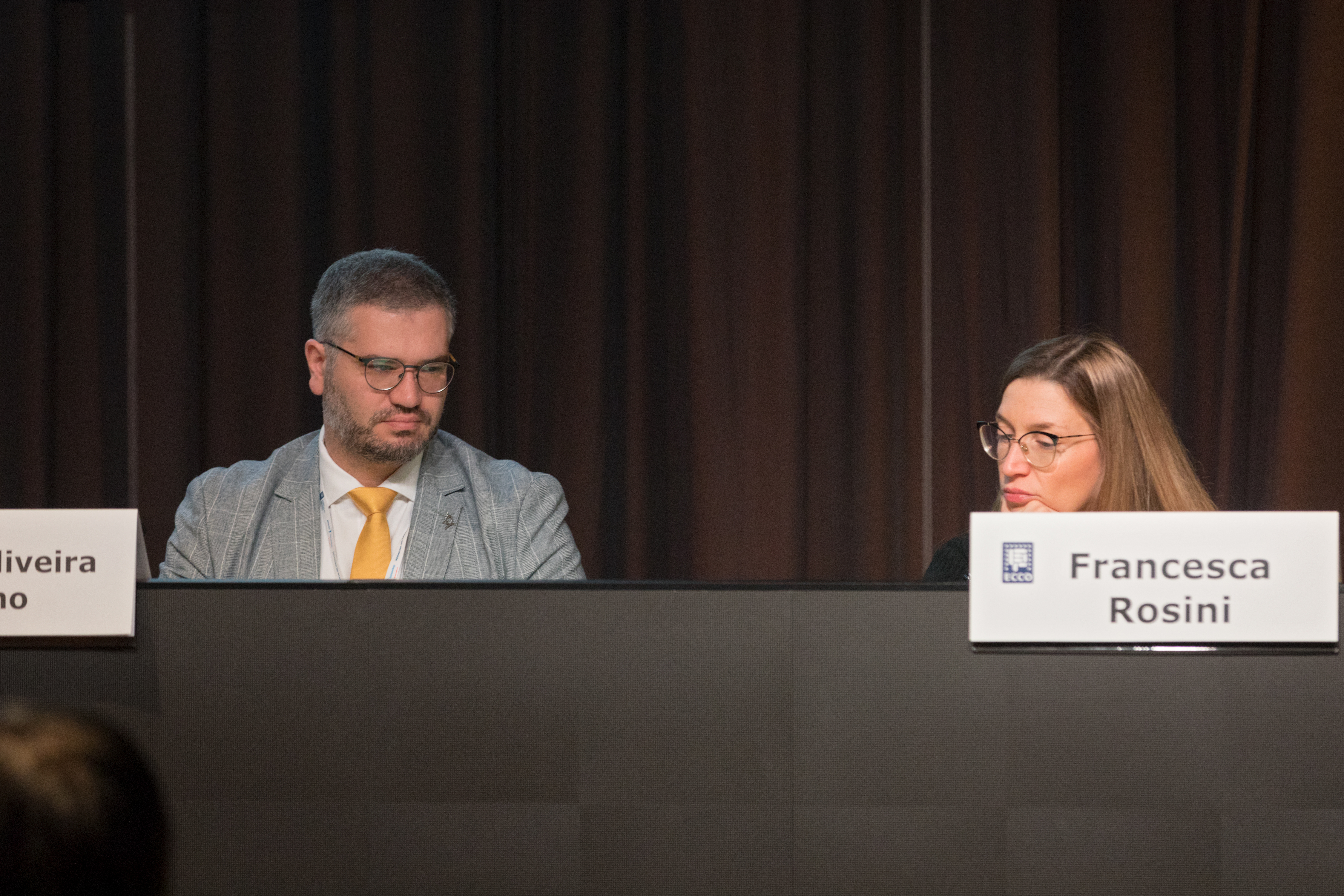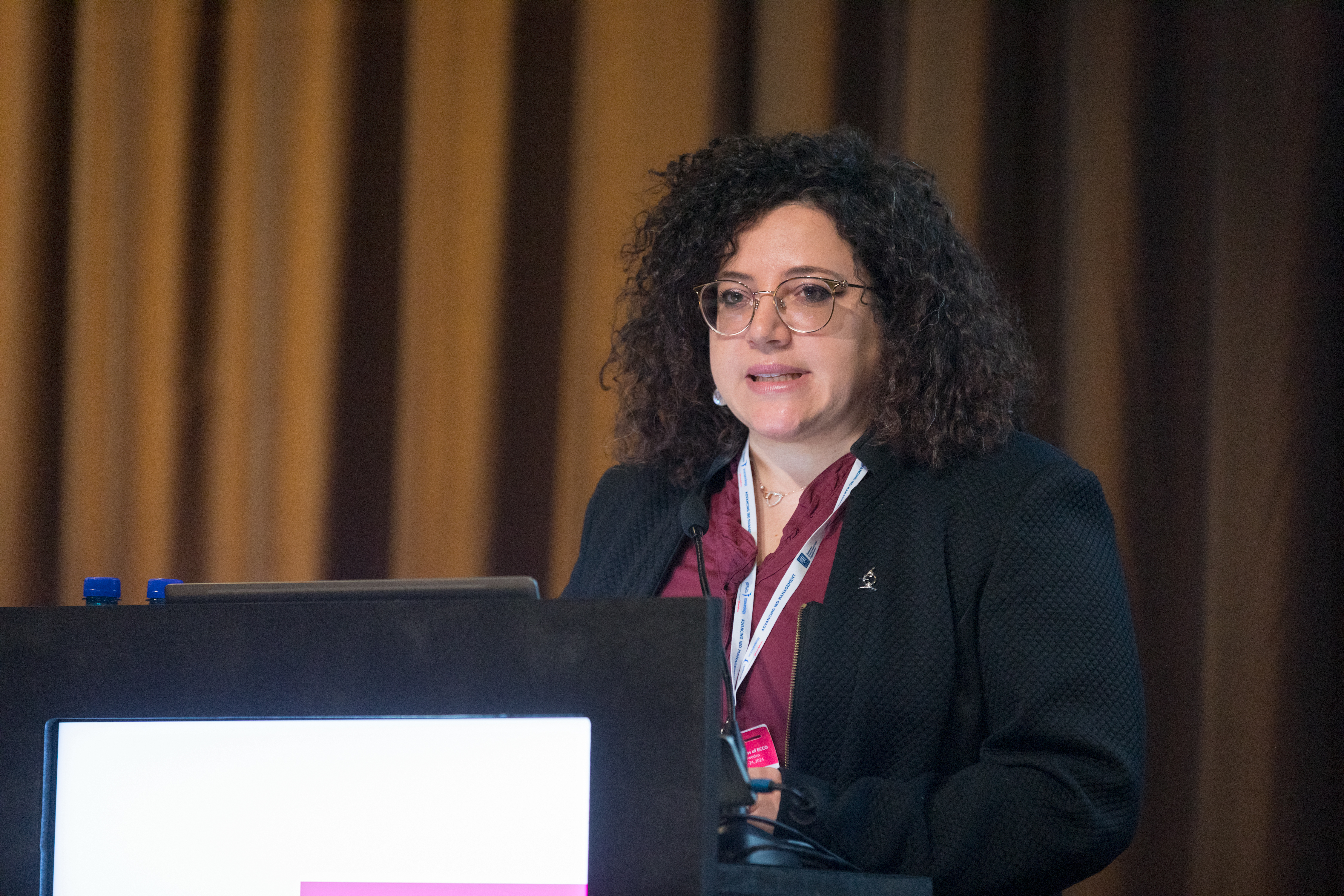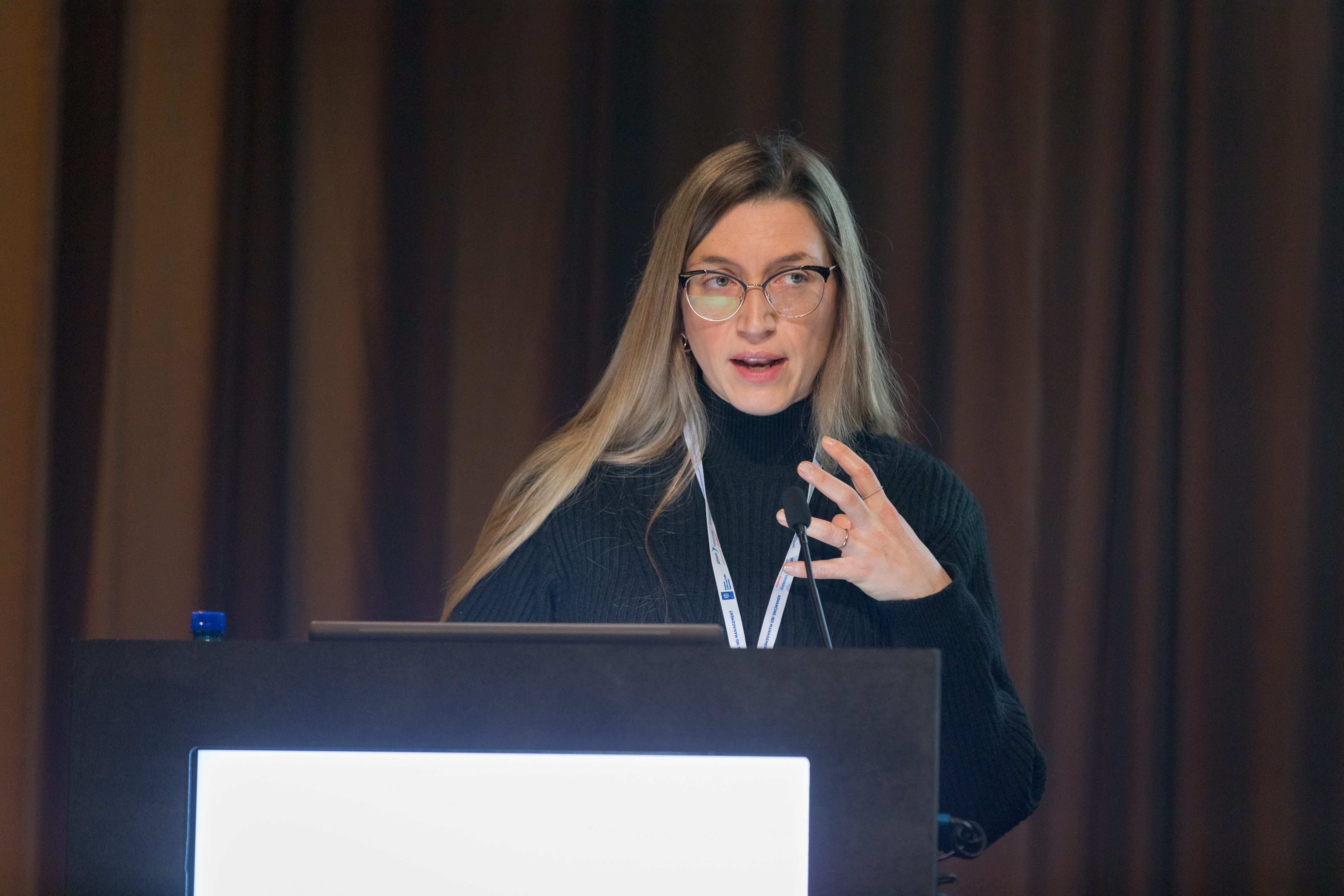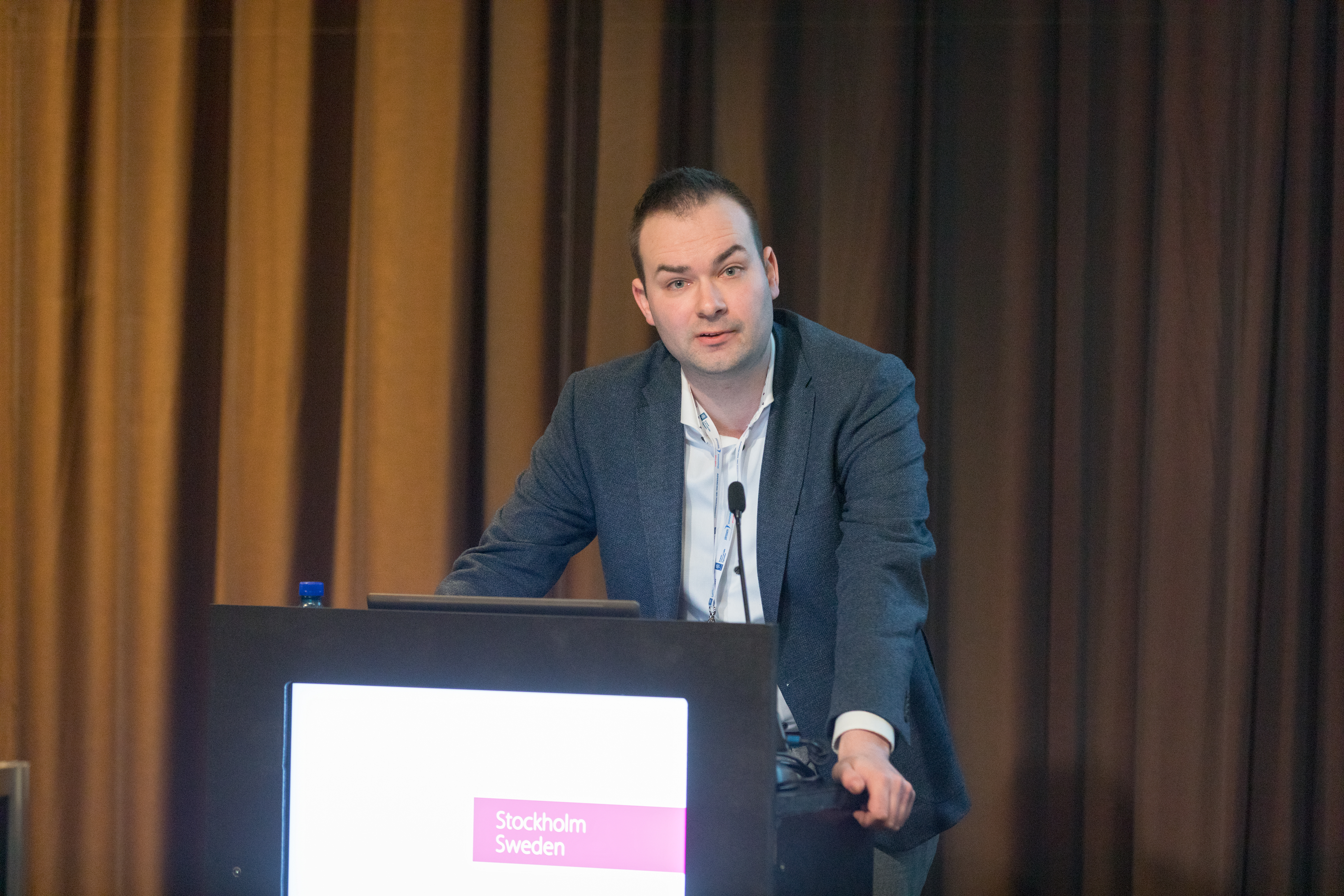Report on the 9th H-ECCO IBD Masterclass
Ann Driessen, ECCO Member
|
|
The theme of the 19th ECCO Congress in Stockholm, “Crossing borders in IBD”, was reflected in the aim of our educational meeting, which extended beyond the histopathological aspects of IBD. The objective was to highlight the collaboration between different specialisations, mirroring the multidisciplinary nature of our daily practice. This was clearly evident in the various topics covered during our initial session. Additionally, the Congress theme resonated in the diverse composition of our audience. Feedback revealed an equal division between pathologists and specialists from other fields.
The 9th H-ECCO IBD Masterclass comprised four sessions entitled:
1. Basics of IBD; 2. Complications in IBD; 3. Right out of the clinic: Difficult IBD cases and 4. Future of IBD.
The first session on Thursday afternoon was chaired by Aart Mookhoek, pathologist (Bern, Switzerland), and Jaap Stoker, radiologist (Amsterdam, the Netherlands). Following the words of welcome by Ann Driessen, pathologist and Chair of the H-ECCO Committee (Antwerp, Belgium), the first three presentations illustrated the daily interaction between specialties. The gastroenterologist Séverine Vermeire (Leuven, Belgium), the pathologist Helder Oliveira Coelho (Cascais, Portugal) and the radiologist Jaap Stoker drew on their respective expertise to delineate expectations regarding the role of the other domains in enhancing patient care. Additionally, the surgeon Pär Myrelid (Linköping, Sweden) played a role in this discourse, discussing classical and new surgical techniques in the treatment of IBD. The session ended with a lecture by Pamela Baldin, pathologist (Brussels, Belgium), who addressed the differences in macroscopy between Ulcerative Colitis and Crohn's Disease.
Francesca Rosini (Bologna, Italy) and Gert de Hertogh (Leuven, Belgium), served as co-chairs of the second session of the afternoon. IBD is characterised by persistent and intense inflammation that causes different complications over time. These complications vary from infections (addressed by Helder Oliveiro Coelho) to inflammatory pathologies such as fulminant colitis (Francesca Rossini), pouchitis (Gert de Hertogh) and an increased risk for dysplasia and carcinoma (Roger Feakins, London, UK). IBD not only affects the gastrointestinal tract but also is associated with various extra-intestinal diseases in other organs such as skin, lung, kidney and liver. A nice overview of this topic was provided by Ann Driessen.
The Friday morning session, co-chaired by Francesca Rossini and Helder Oliveiro Coelho, started with a presentation by Roger Feakins on “The classical patterns of IBD”. Subsequently, various topics were addressed through a series of case studies, presented by pathologists, that gave rise to lively discussion. These case studies concerned a child with very early onset IBD with a skin disorder (Pamela Baldin), IBD in the upper gastrointestinal tract (Aart Mookhoek), indeterminate colitis (Francesca Rossini, Bologna), IBD and primary sclerosing cholangitis (Ann Driessen) and drug-related colitis (Helder Oliveira Coelho).
The final session of the 9th H-ECCO IBD Masterclass, focusing on the “Future of IBD”, was chaired by Ann Driessen and Roger Feakins. First, Ann Driessen presented the “Hot topics in IBD”. While the quality of patient care may benefit from advancements, such as artificial intelligence and innovative endoscopic procedures, an important issue is the communication between pathologists and other specialties, reflected by the peculiar title “Clinicians are from Mars and pathologists are from Venus”. Specialists need to understand each other’s language. In order to improve knowledge of the terminology applied in pathology reports, an article entitled “Definitions of histological abnormalities in Inflammatory Bowel Disease: an ECCO position paper” was published recently (JCC 2024;18:175). Subsequently, Aart Mookhoek spoke about the predictive biomarkers determined on biopsies. During this session, for the first time Mathias Lenfant presented his abstract entitled “Histo-endoscopic remission (HEMR) predicts future relapse in patients with Ulcerative Colitis and is associated with lower colectomy risk”. Finally, Aart Mookhoek and Peter Bossuyt (Bonheiden, Belgium), discussed artificial intelligence from the point of view of the pathologist and the gastroenterologist, respectively.
I would like to conclude by expressing my sincere gratitude to our colleagues, specialists and fellow members of the H-ECCO Committee for their outstanding presentations. Furthermore, I am grateful to them for their collaborative efforts in organising this successful masterclass. However, it is important to acknowledge that the success of our masterclass would not have been possible without the support of the H-ECCO Project Team, to whom we are deeply thankful.
We also extend our thanks to the diverse audience of specialists who attended the 9th H-ECCO IBD Masterclass for their active participation, which made the event truly enjoyable.
Pictures are subject to copyright © ECCO



